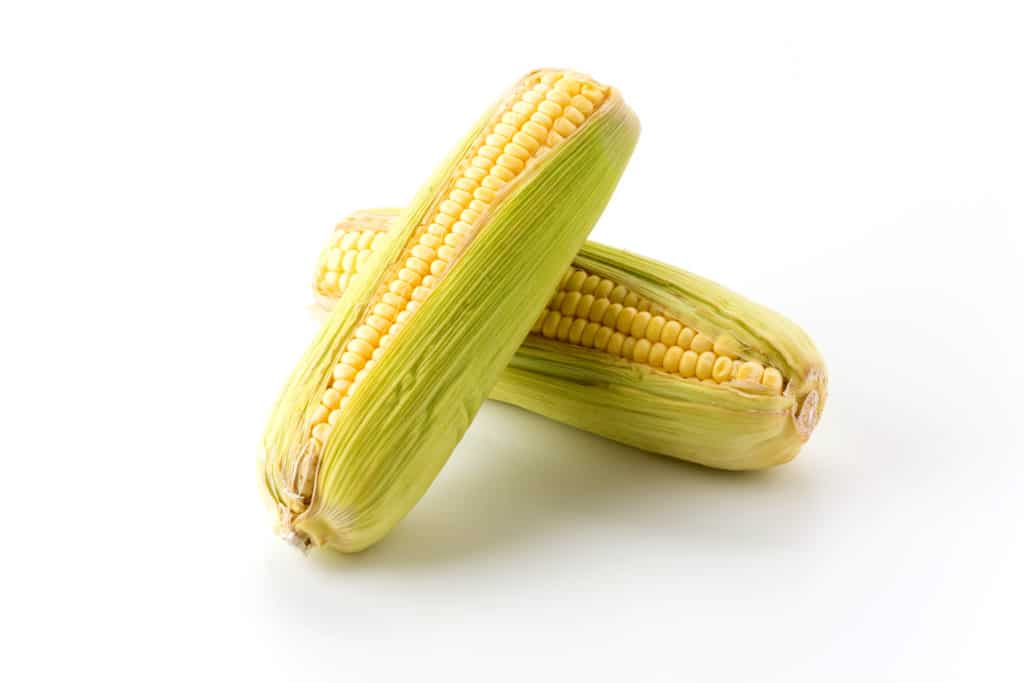
Brazil expects to harvest 4.6 billion bushels (116.8 million tonnes) from its three corn crops in the 2023-24 season, a drop of 12% from last year’s record harvest, according to the National Supply Company (Conab), the Department of Agricultural and Consumer Economics at the University of Illinois said in its farmdoc daily.
Despite the drop from last season, the harvest would still be the second-best in history.
The expected reduction is mainly due to smaller acreage due to low prices and lower yields in the second crop, which accounts for 75% of national production, according to the farmdoc report.
According to the latest Conab report released on July 11, the total planted area for the first, second, and third crops is expected to fall by 6.3% to 51.5 million acres. Yields have dropped by 6.2% to 88 bushels per acre.
The first crop is expected to be 923 million bushels (23.4 million tonnes), down 14% from the last season. In most states, yields have decreased because of adverse weather caused by El Niño. One exception was the southernmost state of Rio Grande do Sul, which, despite good yields on average, was affected by catastrophic floods at the end of May, when the harvest for the first season ended.
By the second week of July, more than 60% of the harvest of the second crop (winter crop cycle), also known as Sabrina, had been completed. Production is expected to decrease by 12% to 3.543 billion bushels (90 million tonnes).
The outlook for the third corn crop—officially included in Conab projections since the 2018-19 crop season—is 95 million bushels (2.4 million tonnes), surpassing the prior cycle by 12%. The third crop corn planting season has just been completed. Third-crop corn is primarily grown in the northern and Northeastern Brazilian states of Bahia, Sergipe, Alagoas, Pernambuco, and Roraima.
Conab and the US Department of Agriculture (USDA) differ slightly in their projections of corn production in Brazil in the current crop season. The USDA projected the crop would be 4.802 billion bushels (122 million tonnes). Differences in forecasting methods may explain the USDA-Conab divergence, similar to what has been observed in soybean production in Brazil, according to the farmdoc report.
Brazil’s corn exports are expected to drop 38% from January to December to 1.319 billion bushels (33.5 million tonnes). The drop is attributed to weaker demand from China and competition from the United States and Argentina.
Domestic corn consumption is expected to increase 6%. About 50% of domestic usage is for animal feed, and 12% is used by ethanol plants.
According to the Farmdoc report, the number of ethanol plants using corn as a feedstock is increasing, particularly in areas where second crop corn production continues to increase.
